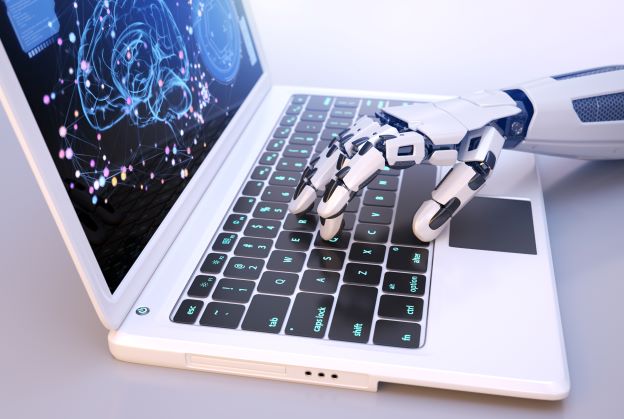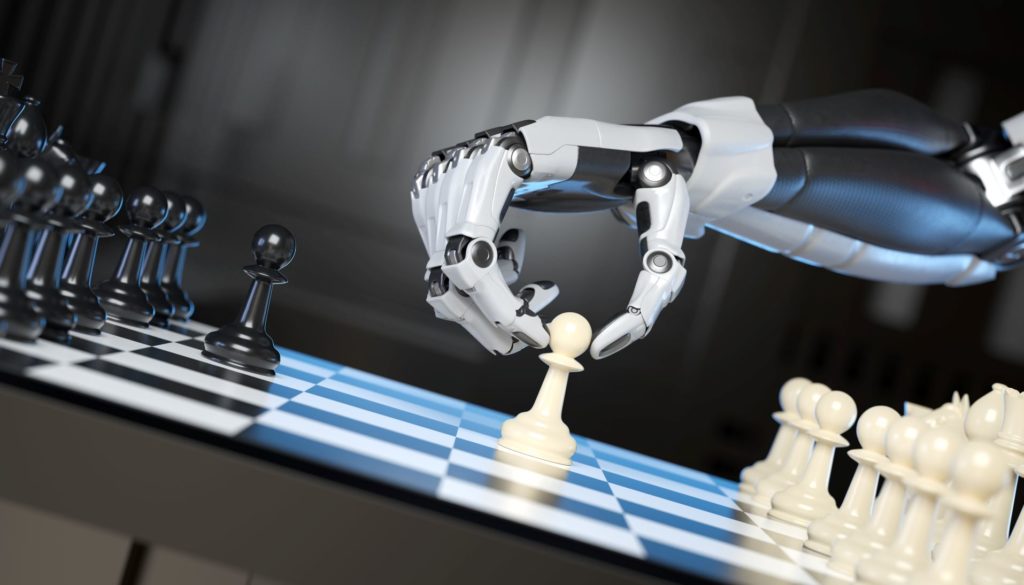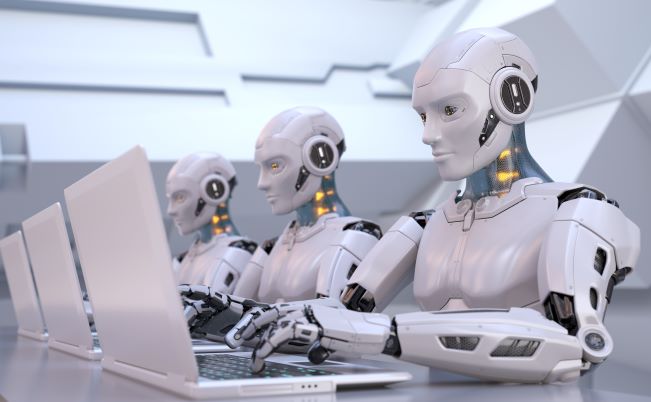Artificial intelligence (A.I.) has become an increasingly important topic in the world of work. From manufacturing to healthcare to finance, A.I. is transforming the way we work, and its impact is only expected to grow in the coming years. As a result, it’s important for individuals to understand how A.I. may affect their career prospects and what they can do to prepare for the changes ahead.
The impact of A.I. on jobs
One of the biggest concerns about A.I. is its potential impact on jobs. While A.I. has the potential to automate many routine or repetitive tasks, it may also create new opportunities and enhance productivity. For example, A.I. can analyze vast amounts of data more quickly and accurately than humans, making it a valuable tool in fields such as healthcare, finance, and marketing.

However, A.I. may also lead to job displacement in certain industries, particularly those that rely heavily on manual labor or routine tasks. For example, self-driving trucks may replace human truck drivers, and A.I.-powered chatbots may replace customer service representatives. This means that workers in these industries will need to develop new skills or find new career paths in order to stay relevant.
The skills needed in the age of A.I.
As A.I. becomes more prevalent, certain skills are likely to be in high demand. These include data analysis, programming, and critical thinking. Workers who can interpret and use data effectively will be valuable in many industries, while those who can develop and implement A.I. algorithms will be in even higher demand. In addition, workers who can think critically and creatively will be better equipped to solve complex problems and adapt to changing circumstances.
Soft skills will also be important in the age of A.I.
As A.I. takes over more routine tasks, workers who can communicate effectively, work in teams, and adapt to change will become more valuable. These skills are harder to automate and are essential for building relationships with clients and colleagues.

Career advice for the age of A.I.
If you’re concerned about how A.I. may affect your career prospects, there are several steps you can take to future-proof your career in the age of A.I.:
- Stay informed: Keep up-to-date with the latest developments in A.I. and how they may affect your industry. Attend conferences, read industry publications, and follow thought leaders in your field to stay informed.
- Upskill: Identify the skills that are likely to be in high demand in the age of A.I. and develop them. This could involve taking courses, attending workshops, or pursuing further education. Look for opportunities to gain practical experience in areas like data analysis, programming, or machine learning.
- Focus on your strengths: Identify your unique strengths and find ways to leverage them in the age of A.I. For example, if you’re a creative thinker, focus on developing skills in areas like design or marketing that require creativity and critical thinking.
- Look for new opportunities: Consider industries or career paths that are less likely to be affected by A.I. For example, healthcare, education, or creative fields like art and music may be less susceptible to automation. Alternatively, look for opportunities to work alongside A.I. as a collaborator or manager.
- Develop soft skills: As mentioned earlier, soft skills like communication, collaboration, and adaptability will become increasingly important in the age of A.I. Look for opportunities to develop these skills, such as volunteering, participating in team-building activities, or taking public speaking courses.

In Conclusion
A.I. is changing the way we work, and its impact will only continue to grow in the coming years. While A.I. may lead to job displacement in certain industries, it also presents new opportunities for workers who are willing to adapt and develop new skills.
By staying informed, upskilling, focusing on your strengths, exploring new opportunities, and developing soft skills, you can future-proof your career and thrive in the age of A.I.






